A Family Row 1812 follows on closely from the previous post. In a Redoubtable Citadel, Paul and Anne have had a wonderful time with the children but relationships among the adults are becoming strained…
 Lisbon, March 1812
Lisbon, March 1812
They met the following day in the dining room with Patience included. Her taut hostility told Anne that Joshua had shared Paul’s conversation with her and she wished he had not. Seated around the long table Paul took his family through the arrangements he had put in place should he be killed. It was hard not to be sombre. He and Anne had talked it through months ago and then set it aside, refusing to let thoughts of potential disaster ruin the pleasure of their days together. They revisited it now.
When he had finished, Paul closed the file of documents. “I’ve sent copies of everything to More and also to Sir Matthew Howard’s lawyers. A third copy will be held by the firm of Blundell and Merchison in London who represent Lord Wellington. They drew up the will and the trusts and they’ll represent Nan if she needs anything. One of their junior partners is currently attached to Wellington’s staff and knows her well.”
Anne glanced covertly at her brother-in-law who was staring at his father. There was a veiled warning in Paul’s words and she knew Joshua would have understood it. Franz was looking at Anne. “This is a huge amount of responsibility for a girl of your age,” he said.
Anne studied him, weighing up her reply. “Sir, I know it seems that way to you. And I’d much rather not have to take it on, since that would mean the man I love is dead in some Spanish grave. But I’m capable of it. They send boys of my age out to lead men. Paul was younger than I am now, I believe, when he led his company at Assaye and nobody told him that was too much responsibility.”
“That’s different. He’s a man.”
“Why is it different?”
“Anne, I am aware that you are a very unusual young woman. And believe me, when I tell you that I have nothing but admiration for what you have done for my son. You’ve made him happier than I have ever seen him. But…”
“He’s made me happy too, sir. But that’s not our job. That’s not what we do, that’s just a consequence of two people in love being together. In addition to that we have other lives, other things that we do which matter. I…”
“My dear, while I think you are very noble to help with the nursing you can hardly equate that with what my brother-in-law does,” Patience said with biting sarcasm. “Nor can I see how that is likely to help with managing four children, at least two of whom can be very difficult. Besides which, you are very young. Forgive me, but I would not wish to see Paul’s children – or his fortune – fall into the hands of some ne’er-do-well whom you might decide to take up with after his death.”
Anne shot a glance at her husband. He was keeping his temper surprisingly well, but she wished Patience would temper her remarks. “Well I would not wish to see that either, Patience, so let us not speak of it further,” she said calmly. “I am hoping that none of this will ever be needed. We just want to be sure that if the worst did happen, my position with the children is very clear.”
“My dear Anne, like you I hope it will never come to that,” Patience said smoothly. “But if it did, I suspect in a court of law, the judge would consider everything, including moral character.”
There was a frozen silence around the table. Joshua said mildly:
“Patience, I know you’re upset, but that was uncalled for.”
“Uncalled for?” Paul said, and Anne looked quickly at his expression, seeing that his father was doing the same.
“No!” she said firmly. “Do not say any of the things you want to say just now, Paul, it will not help. And you can’t hit her, she’s a female.”
“I’m rethinking my position on that one, girl of my heart. Patience, did I just hear you suggest that if I am killed in battle, my family would consider attacking my wife’s good name in court in order to take my children from her?”
“I am simply pointing out…”
“We wouldn’t, Paul,” Franz said softly. “Christ, you must know that.”
“I hope I do, sir, but it’s an interesting light on the character of my sister-in-law. I am definitely beginning to think I want her influence on my children kept to a minimum if that’s how her mind works.”
He was visibly furious and Anne put her hand firmly on his arm. “Enough, love. We need to solve this.” She looked at Patience. “For the sake of the children, who are genuinely attached to both of us, I am hoping we can put this to one side,” she said quietly. “But please understand that if you were ever to impugn my virtue or attack my reputation in any way, the first person to stand up in court to defend me would be Lord Wellington. I would probably follow with Marshal Beresford and General Sir Charles Stewart. But I could choose any one of the senior staff. You would lose and you would look like a spiteful, vengeful female jealous of a younger sister-in-law. So let us put that idea away and focus on…”
There were sounds from the hallway and Paul looked around. Mario appeared in the doorway.
“My apologies for disturbing you, Colonel, but there is a messenger for you. It is apparently urgent.”
Paul looked over at Anne and gave a rueful smile. Anne felt her heart sink. “Well you did better than you thought you’d do,” she said gently.
“I know, girl of my heart. Who is it, Mario?”
“It’s me, sir. Sorry.”
Paul got up and Anne did the same. “It’s good to see you, Sergeant, although I wish you’d managed to lose that on the way. Everything all right?”
Hammond came fully into the room and saluted. “Fine, sir. I’ve got letters from Colonel Wheeler and Major Swanson. And one for you, ma’am, from Keren.”
“How is she, Jamie, I’m missing her?”
“She’s missing you too, ma’am, we all are. Place isn’t the same without you.”
Paul observed with some amusement the consternation among his family at the sight of his wife embracing a sergeant. “At ease, Sergeant and hand it over. Is he yelling yet?”
“He’s been pretty good, sir, but he had a letter from General Alten yesterday. It seems his return has been delayed and his Lordship is ready to move out to Badajoz. All of a sudden he’s marching in on Colonel Wheeler demanding to know where you are and why you’re not back, as if he’d no idea how it had happened.”
He handed Paul a letter in Wellington’s familiar scrawl and Paul glanced at his father. “I’m sorry, I need to read this.”
“Of course.”
Paul opened it and skimmed it quickly, his lips quirking into a smile. “Grumpy,” he said mildly. “He seems to have forgotten he gave me leave at all. He thinks we’ll breach Badajoz before Alten gets here in which case he wants me in temporary command.”
“Of the Light Division?” Franz said, shocked.
“Well, he’s not going to put me in charge of the cavalry, that’s for sure. Barnard and Vandeleur are going to yell at this and quite rightly. I’m going to have to get back there and fast, girl of my heart, before he stamps all over their pride. He’s not noted for his tact when he’s in this mood.”
“I know, love.”
Paul came forward and lifted her hand to his lips. “I’m sorry. Look, why don’t you stay a few days longer? I’ll move faster on my own and you can come up with the supply column as we originally planned. It will give you a chance to say goodbye to the children properly, and you can make sure everything is in order with the column.”
Anne smiled. “And it means you can ride through the night and sleep rough and not have to think about my delicate sensibilities along the way.”
“You have none, bonny lass. It’s up to you…”
“It’s all right, Colonel, I know you need to get going. Stay tonight though and let Jamie get some rest since it’s unlikely he’ll get much for a few days.”
Paul laughed and bent to kiss her very gently. Behind him, his brother said:
“Paul, are you mad? She can’t do that journey without you or any respectable female to chaperone her.”
Sergeant Hammond gave a splutter of laughter which he hastily turned into a cough and Paul grinned. “Bad cough that, Hammond. Josh, she’ll be fine. There’ll be an escort with the supply column, they’ll probably pull together a few men returning from sick leave. And if they get lost, she’ll tell them which way to go.”
Anne glanced at Hammond. “Jamie, go with Mario and get something to eat. We need to finish here and then go and tell the children. Which I am going to find very hard.”
When he had gone Anne turned back and looked at them. “I’m going to find the children,” she said. “I don’t need to be here. What you all need to do now is mend some bridges. He’s going tomorrow and you don’t need me to tell you…anyway, talk for a bit and then let’s move on. I am sorry that you don’t really approve of me yet. Perhaps you never will. But what is more important just now is that you make your peace, you don’t need me here, I’m the outsider.”
“No you’re not,” Paul said quickly and Anne smiled and went to kiss him.
“Not with you, idiot. But we’re asking too much of them in a short time, Paul. I understand you had to tell them how we’re arranging things, but they don’t have to like it. Just talk to them.”
She left and there was silence. Into it, Franz said:
“It’s gone too quickly.”
“I know.” Paul turned and studied his family. “She’s right,” he said.
“According to you she’s always right, Paul,” Joshua said.
“Josh, she’s my wife and I love her. I also love you. But when it comes to the future of my children, I’m putting them first. I really hope you don’t have to cope with this before you’ve had a chance to get used to the idea. Let’s not fight any more.”
Paul was exhausted by the time he was ready to set off the following morning, worn out by the tears of his children and the restrained unhappiness of his father and brother. Hammond waited impassively with Jenson and the horses and Paul knelt and kissed Grace, Francis and Rowena then took Will from Anne’s arms and kissed his sleeping son very gently. He handed him to the nurse and turned back to his wife.
“Are you all right?”
“Yes. I’ll be seeing you very soon, Colonel, don’t worry.”
“I won’t, bonny lass.” Paul turned to his father. “Father, it’s been good to see you. Thank you for coming – you too, Josh. And for bringing the children. I can’t tell you what it’s meant to me. Will you tell Patience the same?”
His brother nodded and hugged him. Paul had the odd impression that they had never before really thought about the possibility of his death in battle and he supposed that talking through practical arrangements had made it real to them. He turned to embrace Franz and his father hugged him hard.
“Take care, Paul. Not that you will.”
“I will. I always do as far as I can, sir.”
“Listen to me, boy, because I know you’ve no time. You shouldn’t have to go off without being sure. Whatever you want, whatever you’ve set up for her, I’ll see it done. No question.” Franz glanced over at his daughter-in-law with a slight smile. “You’re wrong to think I don’t approve of her. I do, very much. It’s just not what I’m used to. But I promise it will be done the way you want. And I’ll take care of her.”
“Thank you,” Paul said softly. “It means so much…look I need to get out of here before I embarrass myself. I love you.”
“I love you too, lad. Goodbye.”
 The Reluctant Debutante and other stories are taking a break over Christmas but will return much refreshed in 2026…
The Reluctant Debutante and other stories are taking a break over Christmas but will return much refreshed in 2026…


 It is December 1813.
It is December 1813.
 I’m now returning to finish my Age of Sail book for
I’m now returning to finish my Age of Sail book for 
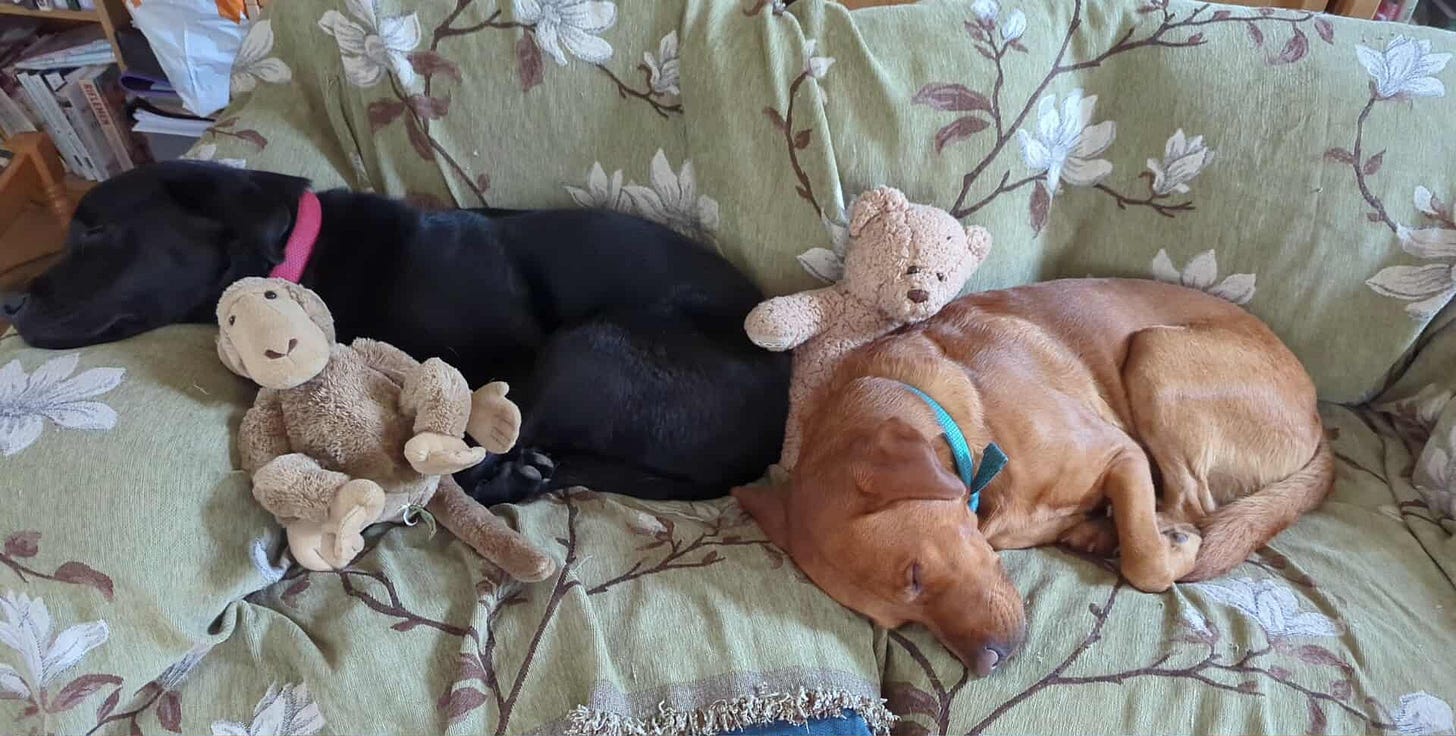
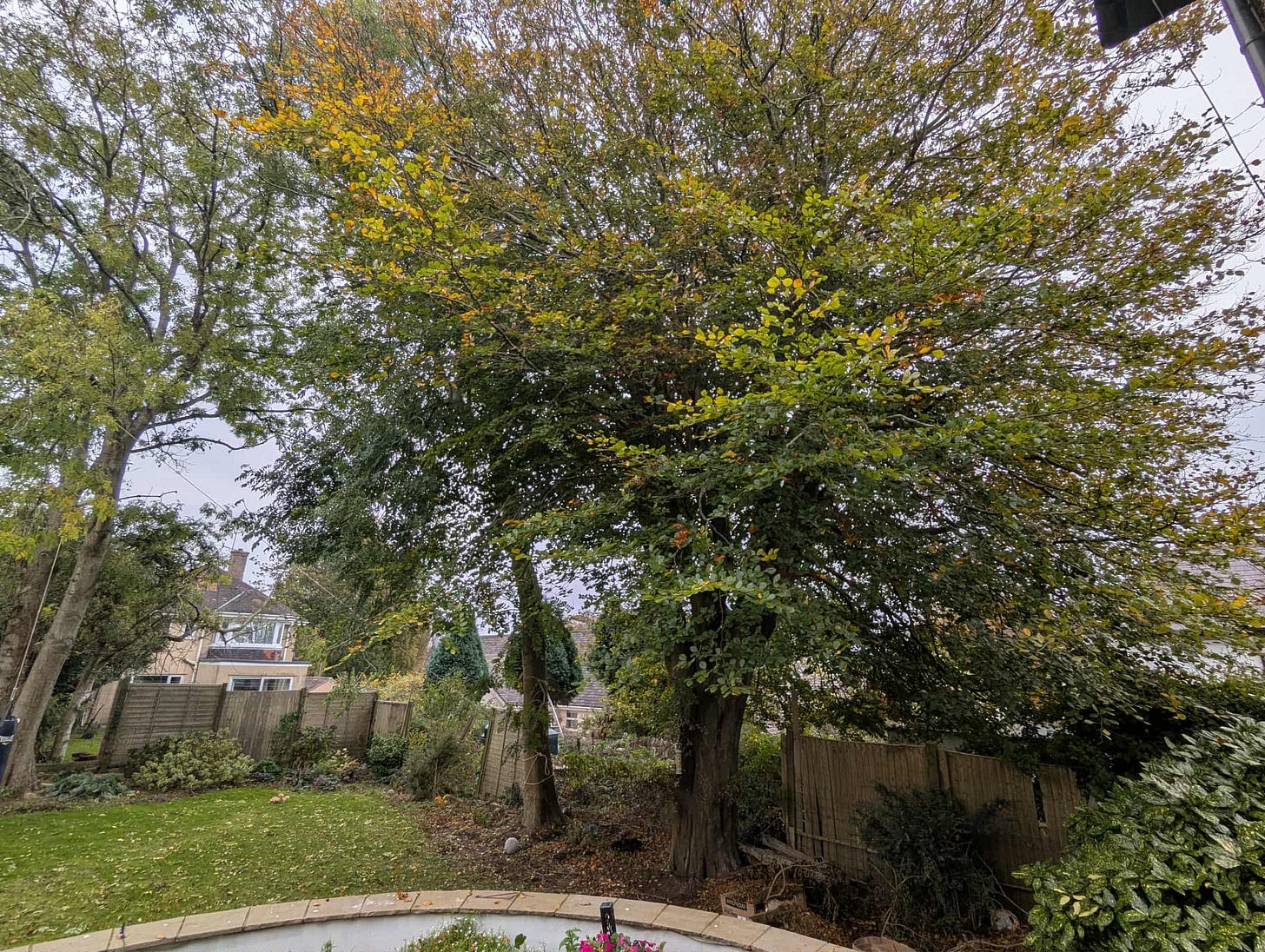
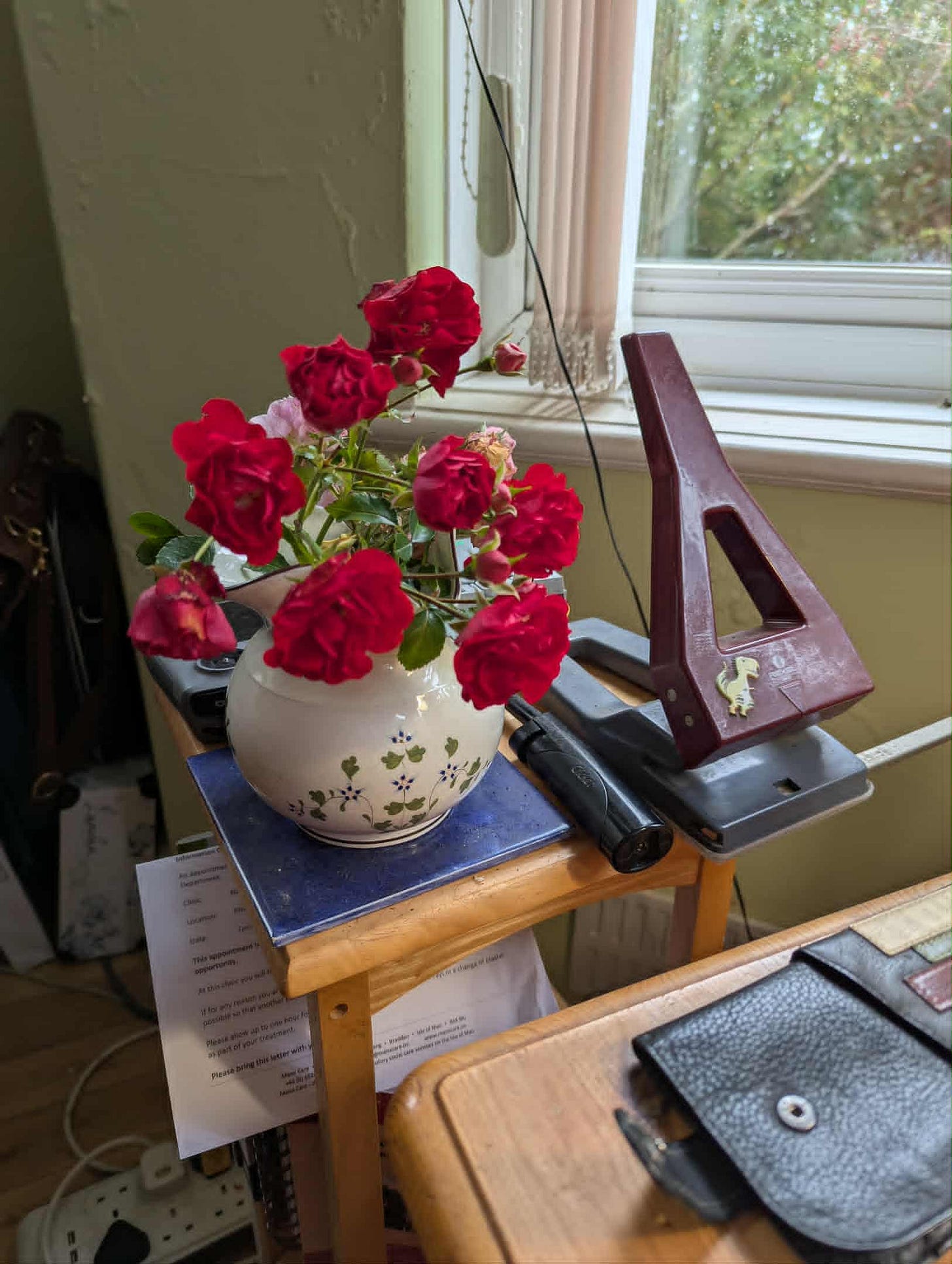

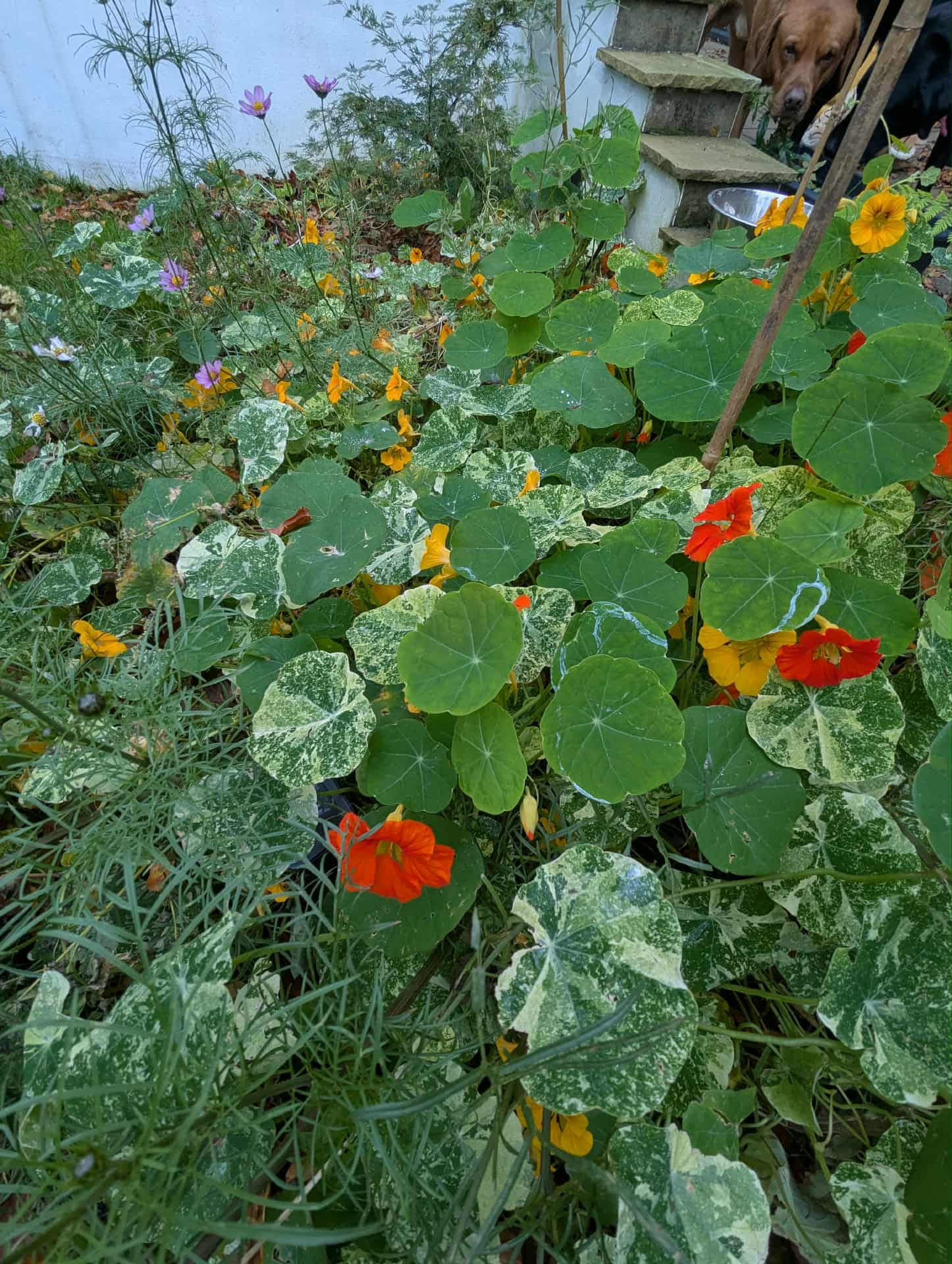
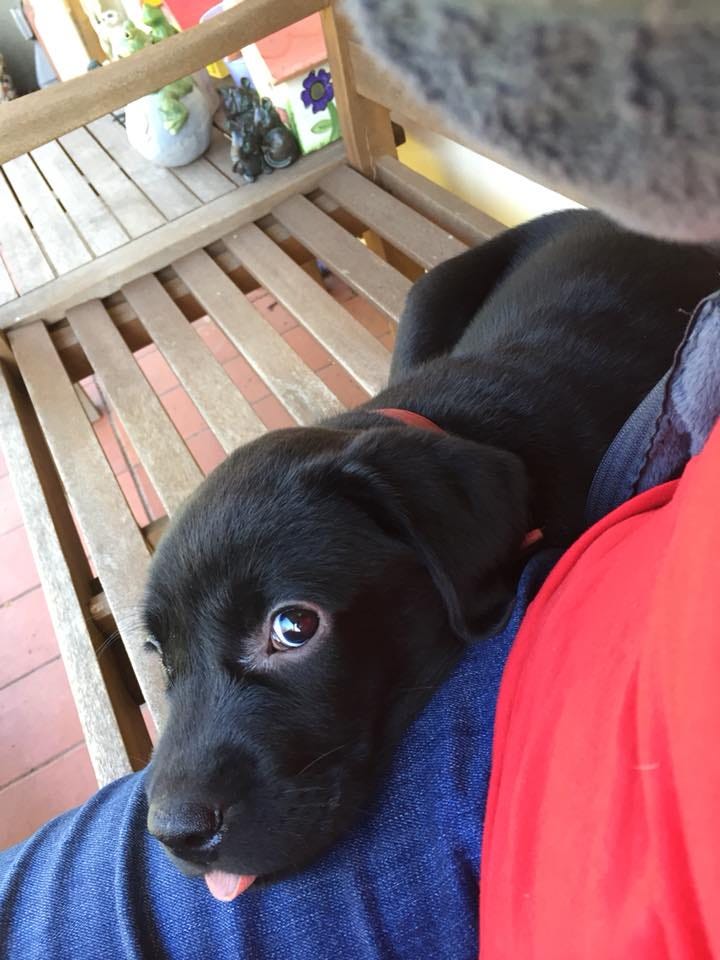
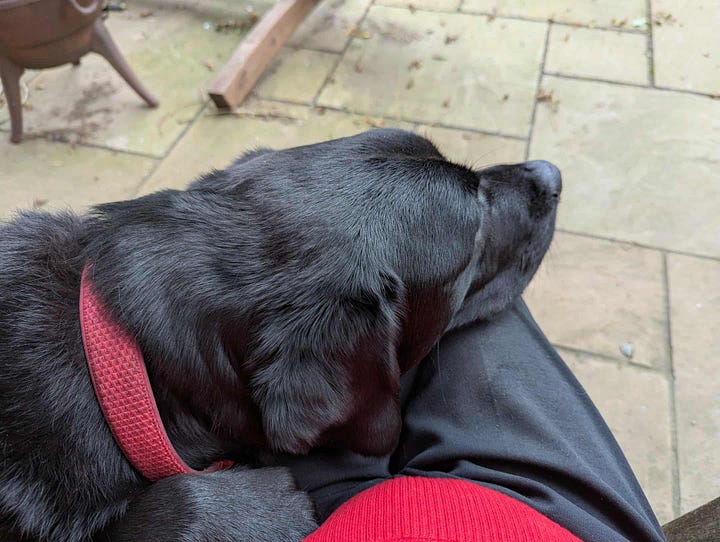
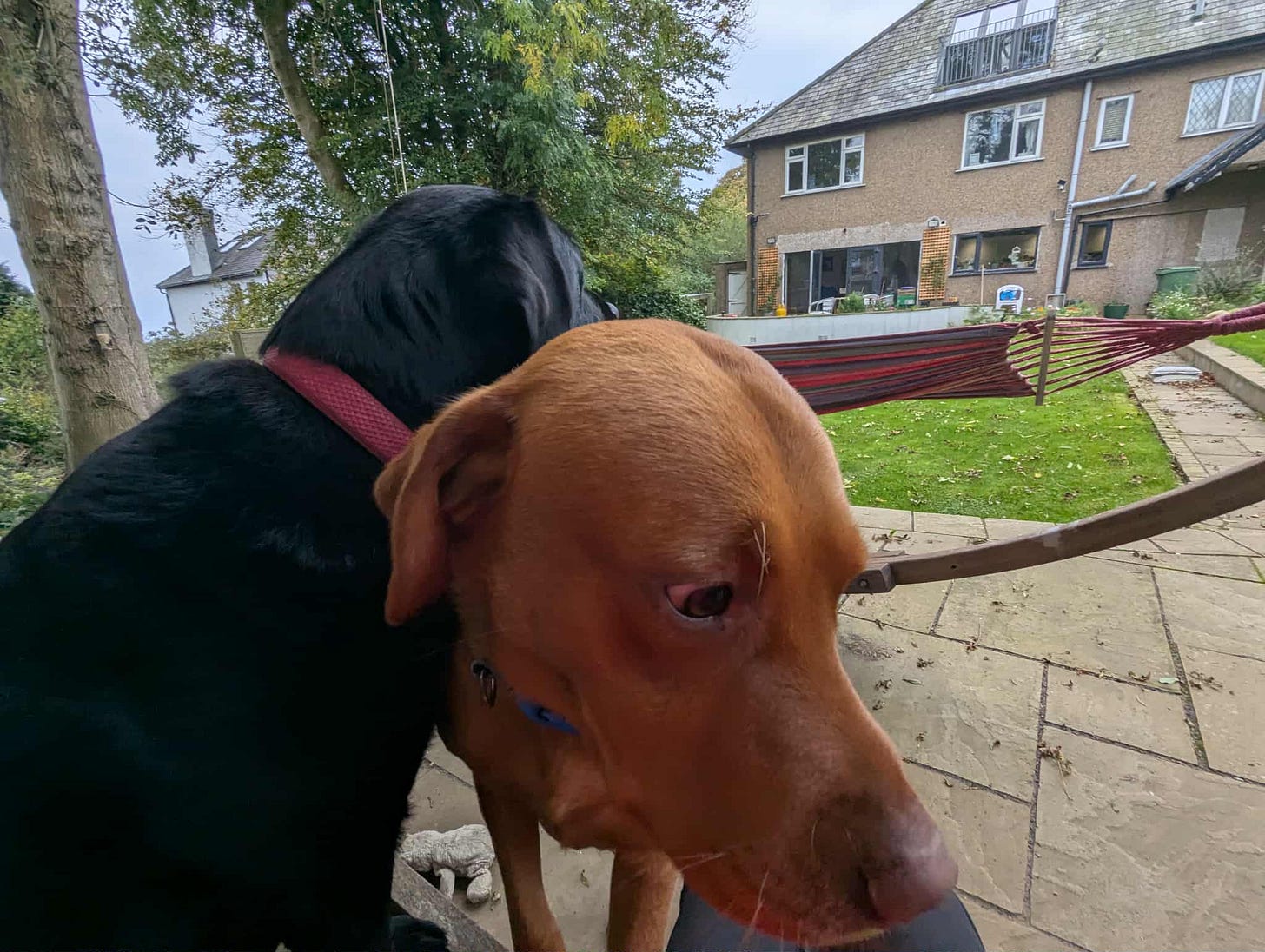
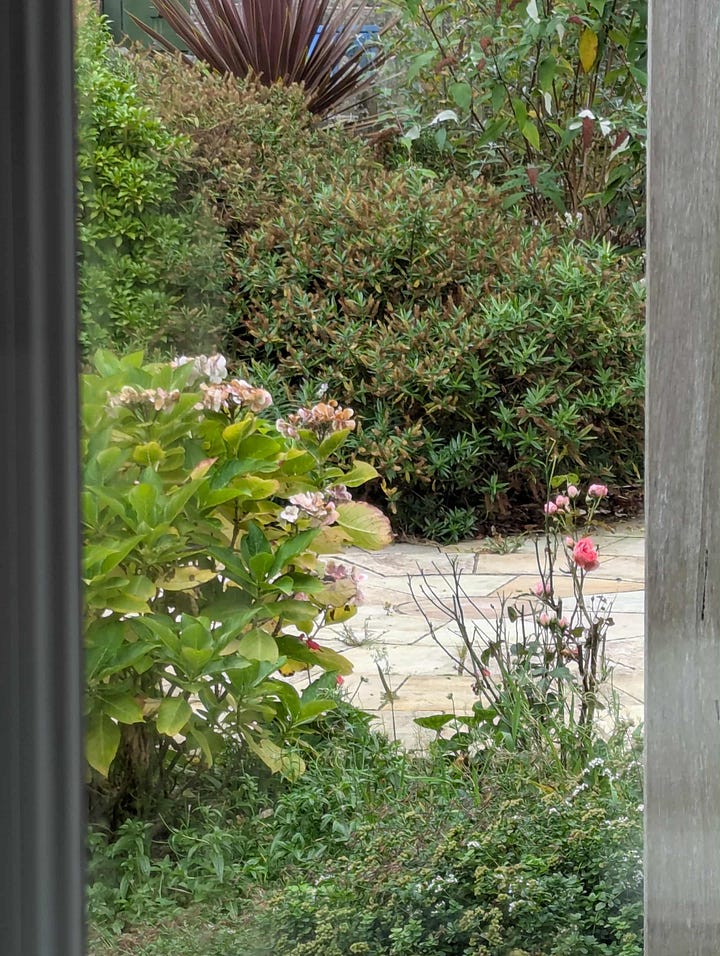











 A little bit of news. Brothers in Arms: the collected short stories of Lynn Bryant Volume 1 – the War Stories will be published in July.
A little bit of news. Brothers in Arms: the collected short stories of Lynn Bryant Volume 1 – the War Stories will be published in July. Welcome to Kaunas
Welcome to Kaunas I’ve
I’ve  A day of stress, virtually no food and complete exhaustion ended with us collapsing into bed in the Liverpool Airport Premier Inn. We got to the airport so late that it was closed and the passenger assistance we had booked completely failed, leaving us stranded on the plane. I’d like to give a heartfelt shout out to the EasyJet pilot, Mark. It wasn’t his job to wait behind with us, to chase up a man with a wheelchair or to personally help Richard to get me down the icy steps from the plane. He then went off to track down our checked-in luggage and escorted us to the taxi rank to make sure I was okay. That man went well beyond the call of duty and I’ll never forget how kind he was.
A day of stress, virtually no food and complete exhaustion ended with us collapsing into bed in the Liverpool Airport Premier Inn. We got to the airport so late that it was closed and the passenger assistance we had booked completely failed, leaving us stranded on the plane. I’d like to give a heartfelt shout out to the EasyJet pilot, Mark. It wasn’t his job to wait behind with us, to chase up a man with a wheelchair or to personally help Richard to get me down the icy steps from the plane. He then went off to track down our checked-in luggage and escorted us to the taxi rank to make sure I was okay. That man went well beyond the call of duty and I’ll never forget how kind he was. Things went much better the following day and we arrived in a snowy Kaunas to be met by the Nord Clinic driver who took us to the Hotel Kaunas. Fear of not making it in time was now replaced by fear of something going wrong with the pre-operation check-up which would prevent me having the surgery. I have no idea why I thought this might be an issue. Apart from the arthritis I’m in excellent health, very seldom get so much as a cold and had no reason to think that had suddenly changed. It turns out that pre-battle nerves can take some strange forms.
Things went much better the following day and we arrived in a snowy Kaunas to be met by the Nord Clinic driver who took us to the Hotel Kaunas. Fear of not making it in time was now replaced by fear of something going wrong with the pre-operation check-up which would prevent me having the surgery. I have no idea why I thought this might be an issue. Apart from the arthritis I’m in excellent health, very seldom get so much as a cold and had no reason to think that had suddenly changed. It turns out that pre-battle nerves can take some strange forms. Both missions were successful. We made it down to the old town despite slightly miserable weather and once we got there, Richard gleefully spotted some rather lovely hand carved walking sticks in a shop which sold local arts and crafts. The shopkeeper helped me to test for the right size and I was delighted with my new stick, for several reasons. It will enable me to make the most of my limited visit to Kaunas before I’m laid up after the operation. It will also be a rather lovely souvenir. Finally, it made me think affectionately of my late father, who bequeathed me a fine collection of walking sticks, mainly because of the number of times he left home without his and had to buy a new one while he was away. I felt like a bit of an idiot for forgetting mine but I’m rather pleased now. I just have to make sure I don’t leave this one in the hotel room.
Both missions were successful. We made it down to the old town despite slightly miserable weather and once we got there, Richard gleefully spotted some rather lovely hand carved walking sticks in a shop which sold local arts and crafts. The shopkeeper helped me to test for the right size and I was delighted with my new stick, for several reasons. It will enable me to make the most of my limited visit to Kaunas before I’m laid up after the operation. It will also be a rather lovely souvenir. Finally, it made me think affectionately of my late father, who bequeathed me a fine collection of walking sticks, mainly because of the number of times he left home without his and had to buy a new one while he was away. I felt like a bit of an idiot for forgetting mine but I’m rather pleased now. I just have to make sure I don’t leave this one in the hotel room. At noon on 14 May 1972, Kalanta poured three litres of petrol over himself and set himself on fire in the square in front of the Kaunas State Musical Theatre where, in 1940, a puppet legislature had declared the establishment of the Lithuanian Soviet Socialist Republic and petitioned the Soviet Union to admit Lithuania as one of the soviet socialist republics. He left a note on a bench which blamed the regime for his death. Kalanta’s suicide. His death provoked a wave of anti-Soviet public demonstrations throughout 1972 and 1973 including 13 other suicides by fire.
At noon on 14 May 1972, Kalanta poured three litres of petrol over himself and set himself on fire in the square in front of the Kaunas State Musical Theatre where, in 1940, a puppet legislature had declared the establishment of the Lithuanian Soviet Socialist Republic and petitioned the Soviet Union to admit Lithuania as one of the soviet socialist republics. He left a note on a bench which blamed the regime for his death. Kalanta’s suicide. His death provoked a wave of anti-Soviet public demonstrations throughout 1972 and 1973 including 13 other suicides by fire.  There are some lovely buildings in the old town, though slippery streets and some major building work meant I was cautious about exploring as much as I wanted to. I really took a liking to this particular house though. It’s known as the House of Perkunas which means the House of Thunder and was named after a sculpture of the god Perkunas which was found in the house during some renovations in 1818. The house was built at the end of the fifteenth century by a wealthy townsman and was later the home of a famous Jesuit historian. In 1844 the first drama theatre in Kaunas was established there. In 1991 it was returned to the Jesuits and is now used for educational purposes as well as housing a museum dedicated to the poet
There are some lovely buildings in the old town, though slippery streets and some major building work meant I was cautious about exploring as much as I wanted to. I really took a liking to this particular house though. It’s known as the House of Perkunas which means the House of Thunder and was named after a sculpture of the god Perkunas which was found in the house during some renovations in 1818. The house was built at the end of the fifteenth century by a wealthy townsman and was later the home of a famous Jesuit historian. In 1844 the first drama theatre in Kaunas was established there. In 1991 it was returned to the Jesuits and is now used for educational purposes as well as housing a museum dedicated to the poet  By the time I staggered back to the hotel I was in some pain, though delighted with myself for walking so far. We rewarded ourselves with coffee and pastries in the coffee shop next to the hotel. Being restricted in what I can do and where I can go has been a big problem for me and I was pleased to have seen even a little bit of Kaunas. I have a whole day tomorrow and if the weather allows and I feel up to it, I’m hoping to walk over to the castle and get in a tiny bit of history tourism to go along with my medical tourism.
By the time I staggered back to the hotel I was in some pain, though delighted with myself for walking so far. We rewarded ourselves with coffee and pastries in the coffee shop next to the hotel. Being restricted in what I can do and where I can go has been a big problem for me and I was pleased to have seen even a little bit of Kaunas. I have a whole day tomorrow and if the weather allows and I feel up to it, I’m hoping to walk over to the castle and get in a tiny bit of history tourism to go along with my medical tourism.
 “Muuuuummm! Tell Alfie to stop wrecking the sofa. Look what he’s done to it again.”
“Muuuuummm! Tell Alfie to stop wrecking the sofa. Look what he’s done to it again.” “Muuuuummm! Come and speak to the Ginger Sponge again. He’s come in soaking wet and is lying all over me chewing on his bone. It’s ridiculous, there are two sofas in here.”
“Muuuuummm! Come and speak to the Ginger Sponge again. He’s come in soaking wet and is lying all over me chewing on his bone. It’s ridiculous, there are two sofas in here.” “Muuuuuummm! He’s done it again. Look at the state of this. What’s wrong with him?”
“Muuuuuummm! He’s done it again. Look at the state of this. What’s wrong with him?” “Muuuuummm! Look at what’s happened now. Can’t somebody adopt him when it rains? He can come back when it’s dry.”
“Muuuuummm! Look at what’s happened now. Can’t somebody adopt him when it rains? He can come back when it’s dry.” “I’m not convinced, Oscar, but we’ll give it a try.”
“I’m not convinced, Oscar, but we’ll give it a try.” “A bit. And look at him – he’s fairly cute when he settles down. Maybe he really is a parrot.”
“A bit. And look at him – he’s fairly cute when he settles down. Maybe he really is a parrot.”

 It’s been a while since I did much of a personal update on here. With book nine of the
It’s been a while since I did much of a personal update on here. With book nine of the  I can’t walk my dogs. Those of you who have followed me for a while know that Oscar and Alfie, my two Labradors, are the joy of my life. Winter is a favourite time for walking, since they love splashing through puddles and racing up and down a windswept beach. I miss that with a permanent ache in my soul.
I can’t walk my dogs. Those of you who have followed me for a while know that Oscar and Alfie, my two Labradors, are the joy of my life. Winter is a favourite time for walking, since they love splashing through puddles and racing up and down a windswept beach. I miss that with a permanent ache in my soul. The Nord clinic in Kaunas, Lithuania has been remarkably helpful and easy to deal with from start to finish. They’re seeing so many people like me coming from the UK that they’ve refined their system so that it works seamlessly. After the operation I’ll stay for seven days physio and rehabilitation. I’ve joined a patient group and got to know a number of people who have been through this process and their stories are very reassuring. I’m scared but I’m determined.
The Nord clinic in Kaunas, Lithuania has been remarkably helpful and easy to deal with from start to finish. They’re seeing so many people like me coming from the UK that they’ve refined their system so that it works seamlessly. After the operation I’ll stay for seven days physio and rehabilitation. I’ve joined a patient group and got to know a number of people who have been through this process and their stories are very reassuring. I’m scared but I’m determined.

 Lisbon, March 1812
Lisbon, March 1812